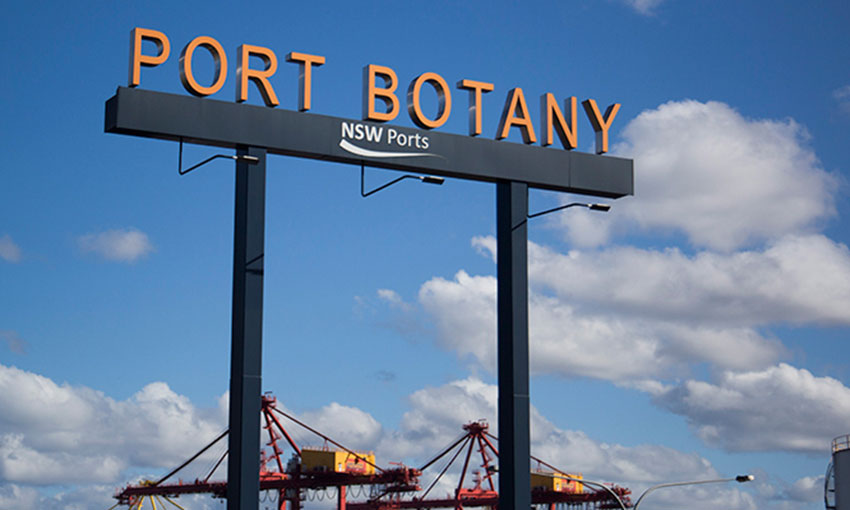ROAD Freight NSW and the International Forwarders and Customs Brokers Association of Australia have called on the NSW government to implement new measures to put the brakes on increasing surcharges at Port Botany and improving productivity and efficiencies for transport operators at the terminal.
In a joint submission to Transport for NSW (TfNSW), in response to a Review of Port Botany Landside Improvement Strategy (PBLIS) Mandatory Standards, the two groups said their recommendations must be acted on given the re-emergence of “historical inefficiencies” at the port, such as rising terminal infrastructure and other surcharges imposed by stevedores, manual processes, extensive truck queues and long truck turnaround times.
RFNSW and IFCBAA’s key recommendations are:
- The introduction of push SMS messaging for container truck drivers, alerting them to changes or delays at the port;
- Expansion of automated number plate recognition technology to approach roads and empty container parks in Port Botany;
- Times slots per hour increased from the current 54 to 85;
- The definition of “working day” to include weekends and 24/7;
- Establishment of a Port Community System (“PCS”) to be able to efficiently contribute to, and access relevant and timely data, that covers all aspects of both full and empty container movements, both internationally and domestically;
- Increasing costs in terminal infrastructure surcharges require a new approval approach to be included under PBLIS and the new safety/weight surcharge to be stopped;
- Manual (paper) processes to be identified and removed;
- Empty container storage, handling, data, evacuation and the full life cycle of every container with traceability to be included under PBLIS.
IFCBAA CEO Paul Damkjaer said there must be continuous improvement across port operations.
“We’re calling for stevedores and shipping lines to have protocols placed on them under the PBLIS, to ensure productivity is increased in vessel to berth, vessel capacity and for stevedores; lift rates per hour, truck servicing, and continuous improvement in Truck Turnaround Times,” he said.
RFNSW chief executive Simon O’Hara said PBLIS consists of a range of measures, fines and penalties that were designed to improve landside efficiency at Port Botany.
“That is why we’re now calling on TfNSW to carefully consider our common-sense recommendations so we can put a halt to the crippling terminal charges being slugged on transport operators, reduce congestion and improve the consistency of container collection and deliveries, across the day and week,” Mr O’Hara said.

